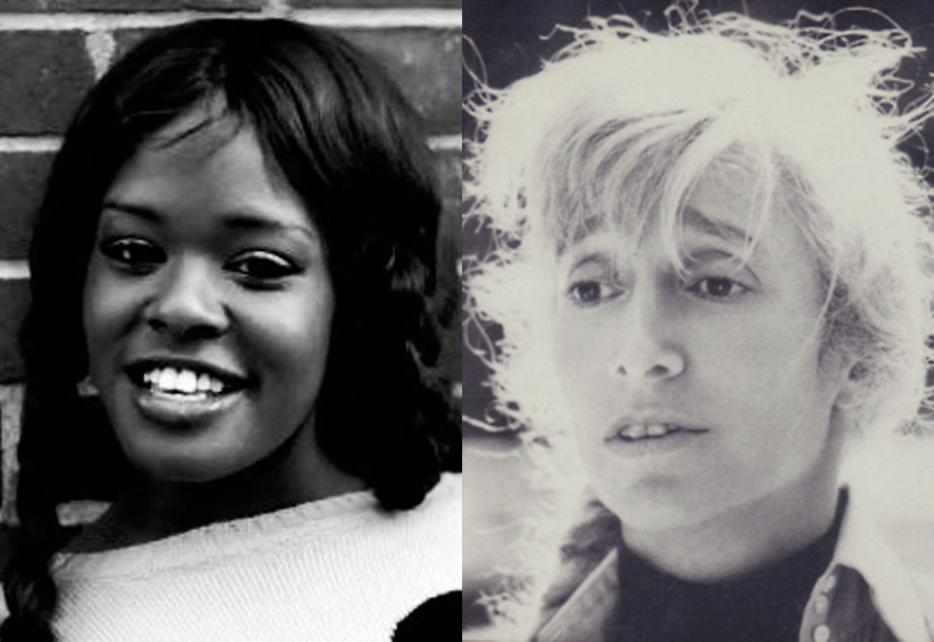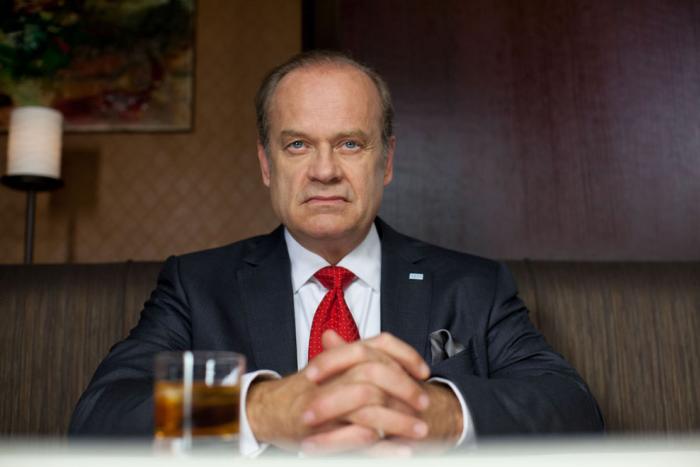Renata Adler is ______ again. Now that her two novels, Speedboat and Pitch Dark, have been reprinted and remembered and re-reviewed, you could insert words like “beloved,” or “worshipped,” or “lionized.” Nearly fifteen years ago, the words that filled that blank were far less kind.
“Renata Adler is being disagreeable again,” began Judith Shulevitz in Slate, chronicling, with a sympathy worse than condemnation, Adler’s graceless fall from fame. The year before, a decade after writing her last piece for the New Yorker, Adler had published Gone, a memoir of her time with the magazine that served doubly as takedown and eulogy. At 288 pages, Gone left no bridge unburned.
In turn it was attacked by New Yorker and New York Times writers (often, the same writers), many of whom seized on her sweeping, seemingly insupportable burn of Republican judge John A. Sirica. It was one line, and not important now. Maybe it wasn’t important then, either. What mattered was that those most stung by Adler’s tongue had found a way to bite back. Adler published a novella of a self-defense in Harper’s, August 2008; Shulevitz only wondered who was letting her exploit, or embarrass, herself so. The New York Times kept it simpler. “Renata Adler is Making Enemies Again,” read one headline.
That public Adler, with her bad reputation and her long, lifelong braid and the luckless, daring way she stares out of Richard Avedon photos, has begun recently to remind me of another, current New York it-girl gone bad. Naturally, I’m thinking of Azealia Banks, who for the past year has been “at it again,” or “feuding again,” or “throwing a Twitter tantrum—again,” depending where you get your rap news. Or, yes, “making enemies again.”
Long before Gone, Adler had all the friends. “When I came to New York in the early ‘70s,” wrote Michael Wolff in the Guardian last week, “[she] was the young writer everybody talked about. [...] A sort of brainy Candace Bushnell, a bohemian Mia Farrow-ish Platonic ideal.”
Hardly a thing written about Adler, and there were many things, failed to mention her stylish society pals, including Avedon and Brooke Astor. They, or her reputation, or what Arthur Lubow backhandedly termed her “photogenic” appearance, were usually mentioned before her talent. She was a “girl,” after all; she was female and looked girlish.
That public Adler, with her bad reputation and her long, lifelong braid has begun recently to remind me of another, current New York it-girl gone bad. Naturally, I’m thinking of Azealia Banks, who for the past year has been “at it again,” or “feuding again,” or “throwing a Twitter tantrum—again,” depending where you get your rap news. Or, yes, “making enemies again.”
In early 2012, which in net-years is half a decade, Azealia Banks was the self-announced “young new face” y’all wanted. Her rambunctious breakout hit, “212,” was on “everybody’s” best-of-2011 lists (I mean, not Rap Radar‘s). Meanwhile, hardly a thing written about Banks failed to mention that she had performed at Karl Lagerfeld’s house. The New York Times allowed she might be the next Nicki Minaj, then cited “her lyrical prowess and, perhaps most important, her unique fashion sense” (incredulous emphasis mine).
Adler’s legacy outshines both social ranking and sex-specific comparisons; dazzles, jaggedly; remains tarnished, maybe forever, by certain controversies. Hired at the New Yorker in 1965, age 28, she was almost immediately divisive. Her first major piece explored teenybopper chart-toppers three years before Ellen Willis became the New Yorker’s first pop critic, before readers were ready for that jelly. Yet she was, at the same time and in subtler ways, elitist. She dismissed Capote-style New Journalism as “zippy prose about inconsequential people.” In her “Letter from The Palmer House” (1967), she referred to leftist revolutionaries as “revolutionaries” (scare quotes hers). Reviewing 1968’s The Green Berets for the New York Times, where she would spend 18 months as film critic before returning to The New Yorker, she wrote—accurately, if history shows—of “a film so unspeakable, so stupid, so rotten and false in every detail that it passes through being fun, through being funny, through being camp, through everything and becomes an invitation to grieve, not for our soldiers or for Vietnam... but for what has happened to the fantasy-making apparatus in this country.” When Strom Thurmond took to the Senate floor to denounce Adler and her review, there were surely some applauders at Elaine’s.
Even before Banks released her quan song, she’d fired several male managers and split with XL twice. After “212,” she began collecting enemies like T. Swift collects exes. Iggy Azalea, Kreayshawn, T.I., Dominique Young Unique, Lil’ Kim, Jim Jones, Troy Carter, and Nicki Minaj: Each, for reasons of varying importance, found themselves on the wrong end of a tweet-lashing last year. Banks, habitually, writes multi-tweet heat poetry in defense of her prima facie diss. My favourite line is, “every time I delete a t.i. song from my iPad I imagine him dying in some bloody horror film like being eaten by a zombie,” or maybe “Use good grammar when insulting others.,” followed by the less morally prescriptive correction, “proper grammar,” or maybe just, “Subliminal shots are #pussy... not the good kind.” Pitchfork’s review of her EP, 1991, contains the phrase “elegantly self-aggrandizing and enemy-deflating,” which describes equally well her livetweets and her lyrics.
It also describes Speedboat, Adler’s 1976 debut novel. Heralded as “the new fiction,” Speedboat was blurbed by Donald Barthleme and praised by Joan Didion, to whom Adler was most rightly compared. “Nobody writes better prose,” said John Leonard, “than Renata Adler.”
Nobody wrote edgier, cuttinger stuff either. Six years passed between Speedboat and Adler’s next novel, Pitch Dark, and in those six years she won no new fans. In 1980, she published in the New York Review of Books a 7,000-and-some-word savaging of Pauline Kael’s When The Lights Go Down, which she declared “piece by piece, and line by line, without interruption, worthless.” The essay left a trail of blood—her own. Adler is by all my measures a better writer than Kael, but Kael was more popular, more prolific, while the anxiety-struck Adler struggled to find much of her work worth publishing. Her persona, once it began to fade, faded fast.
It has been only six or so months since Broke With Expensive Taste, Banks’ debut album, was meant to drop, and where the delays may have been caused by creative perfectionism, they now look more like publicity woes. Already this year, Banks has referred to Rita Ora as “Rita Oral,” feuded improbably with The Stone Roses, and fallen out with her erstwhile John Leonard, the douche-chillsy producer Diplo, over her “Harlem Shake” take. “Men and their ego’s,” she subtweeted, recalling a fragment of Adler’s: “the great dead men with their injunctions.”
Still, Banks’ ego might have prevailed, had she not called the celebrity gossip blogger Perez Hilton a faggot, then done it again. Perez is as big a bully as Pauline Kael was, if not bigger. He’s also popular on the Internet and stuff, and so is being white and progressive and having middle-class educated opinions. Suddenly, Banks is getting deleted from iPads faster than you can say “T.I.”
Worse, she has no new material with enough grace (have you... tried listening to “Yung Rapunxel”?) to change the conversation. Perez had a point: How must it feel to be more famous for trash-talking than music-making?
When Pitch Dark did come out, in 1983, a New York magazine profile noted “[Adler’s] girlish need to be noticed by everyone.” To this I imagine her replying acidly, as Banks once did, “like their attention is of any kind of fucking importance.” The same profile, after all, noted Adler’s fragility, reclusion, and devastating writer’s block: “She is revered by important friends and critics as a great thinker and writer, and yet she has written only one article in her academic field, her two nonfiction books are collections of magazine and newspaper pieces, and since 1976... her output has consisted of just ten articles, nine of them reviews.”
A Greil Marcus review went harder, questioning Adler’s status as one of “New York’s most powerful women,” although, since that quote was left unattributed, perhaps he meant New York’s most powerful straw women. “Writing this bad is immune to criticism,” snipped Marcus, while criticizing anyway. He was right. Almost every reader I know is reading Pitch Dark this week, or Speedboat; almost no reviewer has a bad word to say. Adler’s talent has survived the plague of her reputation.
I want one day to say the same about Azealia Banks, although I know, or guess, it’s hard to be such a lil woman with so big a mouth; to be both lyrically brilliant and inchoately, helplessly mad; to break rules and be the worst sport and still want, maybe even deserve, to win. ‘Sides, look long enough at the “old saggy white n****s“ who wrote those rules, and who wouldn’t snap?
“There may not ever have been as gifted and as lauded a writer who has so bit the hand responsible for feeding the careers of the gifted and lauded,” wrote Wolff of Adler.
Substitute “rapper” for writer, and that’s truest of Banks.
Recently, said rapper told Hypetrak she no longer wants to be a rapper at all, calling it “tacky” and “unladylike” in, perhaps, the same tone Adler once used to call book reviewing “dishonourable” (which is too bad, because as any VIDA count will tell you, book reviewing needs female voices as badly as rap does). Adler felt worse about reviewing films: “It became almost impossible, on anything like a frequent basis, to write seriously, with proportion and fidelity, on all this junk.” Banks trashes fashion: “It’s so fickle. If you place your faith in the fashion world, you will get let down.”
All worlds move faster now than they did in the early ‘70s. Banks will have to get back up in less than six years, or fifteen, or not at all. But if she needs any encouragement, she could remember the opening lines of a 1979 New Yorker review, with much shade-throwing, of two Fassbinder films: “Whether it is long or short, rare or frequent, and whether or not most of his efforts are lamentable,” wrote Renata Adler, “an artist is always as good as his best work.”






